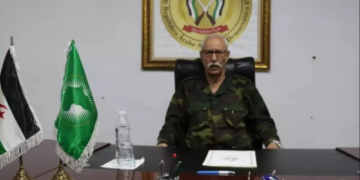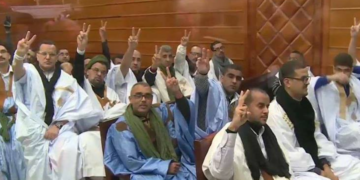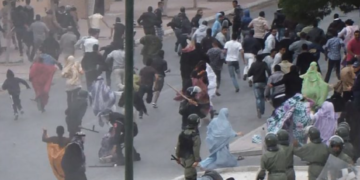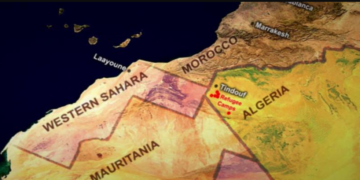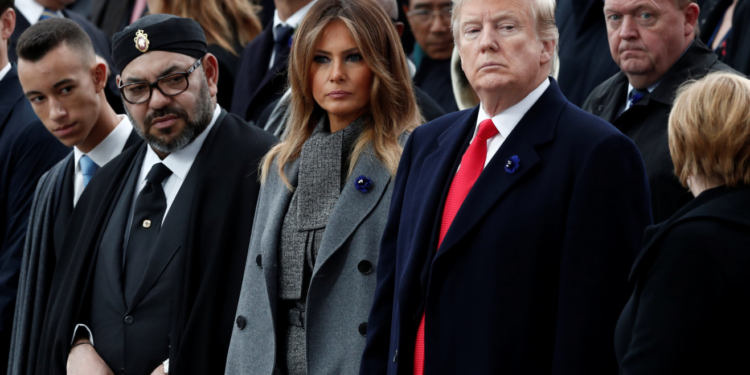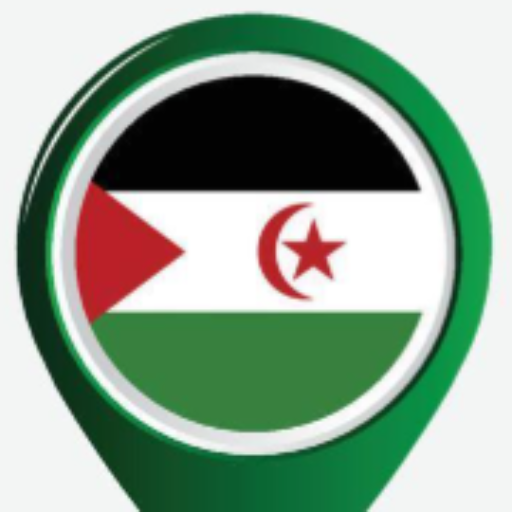In a move that sparked international outrage and was described as a blatant violation of the right to self-determination, former U.S. President Donald Trump’s administration recognized Moroccan sovereignty over Western Sahara in December 2020. This decision, part of a deal to normalize relations between Morocco and Israel, had dire consequences for the Sahrawi people and raised serious questions about the U.S.’s role in fostering global stability and upholding international law.
The Green Light for Occupation
The U.S. recognition of Moroccan sovereignty was not merely symbolic; it served as a green light for Morocco to tighten its grip on Western Sahara, a territory listed by the United Nations as non-self-governing.
- This decision ignored international law and UN resolutions, which call for a free and fair referendum allowing the Sahrawi people to determine their future.
- Rather than acting as a neutral mediator, the Trump administration adopted a unilateral policy that deepened the conflict and undermined decades of UN-led peace efforts.
Humanitarian Consequences
The decision had devastating effects on Sahrawis living under Moroccan occupation or in refugee camps in Algeria:
- Increased Repression:
Moroccan authorities intensified crackdowns on Sahrawi activists and human rights defenders, silencing their calls for self-determination. - Deteriorating Humanitarian Conditions:
Refugees, who have endured harsh conditions for decades, face resource shortages and a lack of international attention to their plight. - Expanded Settlements:
U.S. recognition emboldened Morocco to escalate settlement activities and exploit Western Sahara’s natural resources without regard for Sahrawi rights.
Trump’s Historical Responsibility
Trump bears significant historical responsibility for the suffering of the Sahrawis:
- His decision was part of a political bargain that disregarded the principles of justice or the rights of peoples.
- It tarnished the U.S.’s image as a defender of human rights and democracy, making it a tacit accomplice to violations against the Sahrawis.
- It set a precedent for other states to sideline international law for political expediency.
International Reactions
Trump’s decision faced widespread condemnation from the international community:
- The United Nations: Maintained that the status of Western Sahara remains unchanged and that the solution must adhere to its resolutions.
- The African Union: Strongly supported the Sahrawi people’s right to self-determination and rejected Moroccan sovereignty claims.
- Human Rights Organizations: Condemned the move as a betrayal of human rights principles.
Conclusion: Trump’s Accountability for Sahrawi Blood
Trump’s support for Morocco’s claim to Western Sahara is a glaring example of prioritizing political interests over human rights.
- The Sahrawi people continue their struggle for their legitimate right to self-determination.
- The international community must step up to support their just cause and pressure Morocco to comply with UN resolutions.
The Sahrawi issue is not merely a regional conflict; it is a global test of justice and freedom.

